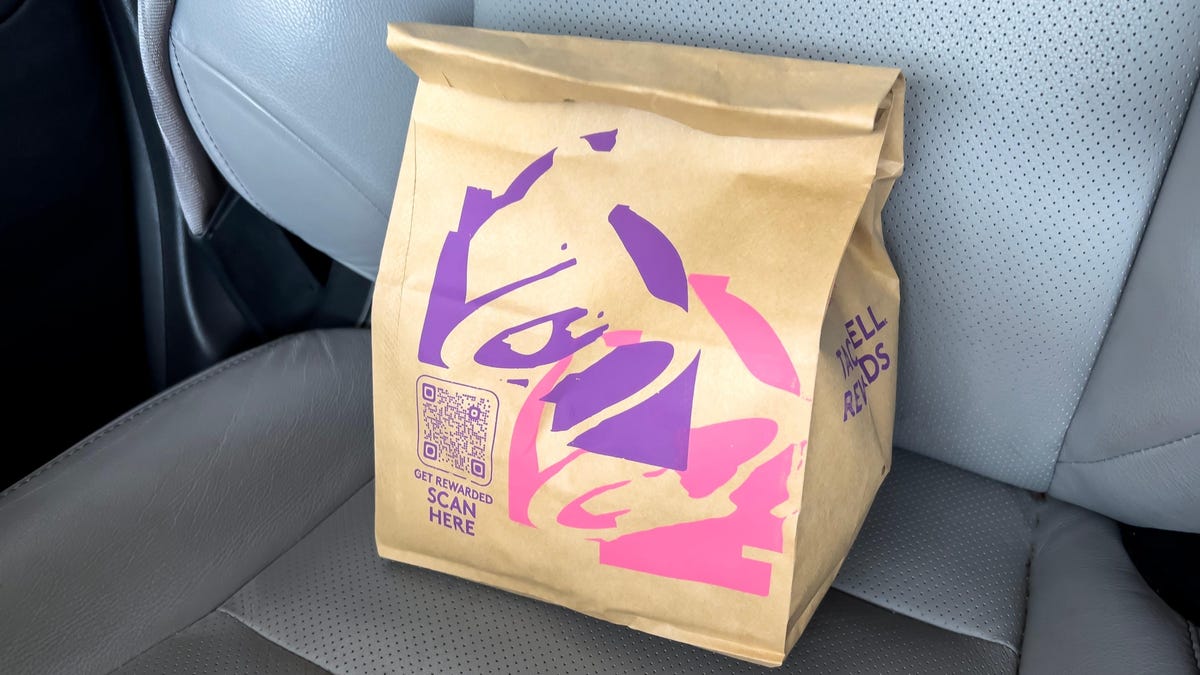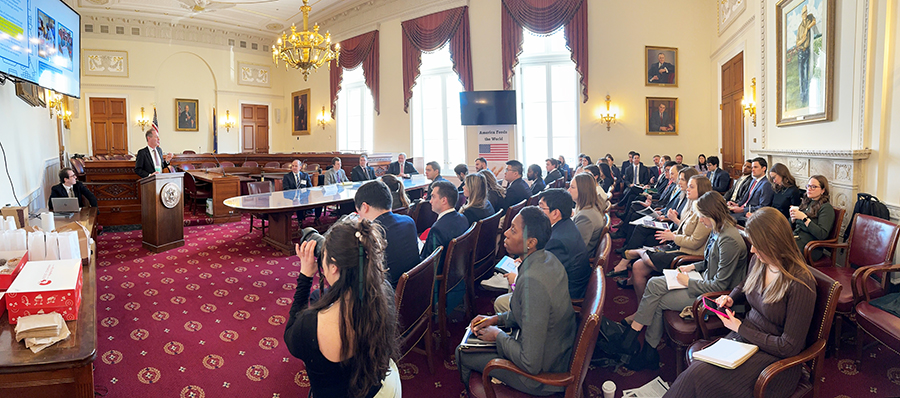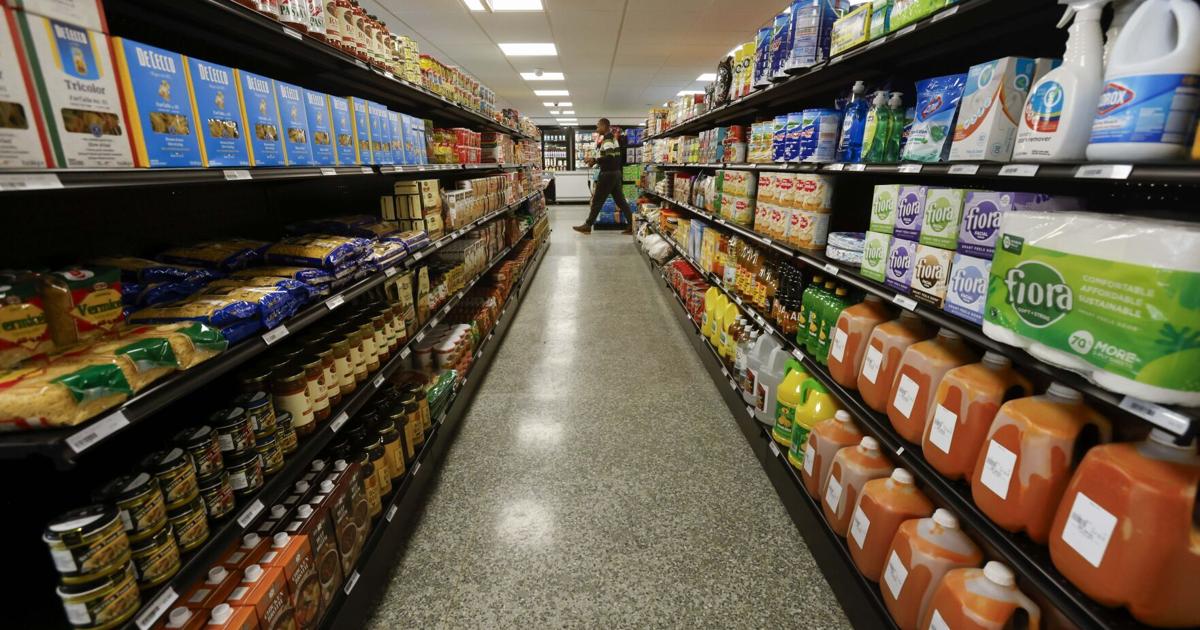Kyle Bragg, the president of 32BJ, which has been working to organize Chipotle workers across the city, trumpeted the proposed legislation.
“Far too often, massive corporations like Chipotle have viewed the fines and occasional lawsuits sparked by their repeated violations of New York City employment laws, such as the Fair Work Week Law, as little more than the ‘cost of doing business,’” Bragg said. “The bills provide bad actors in the fast food industry a clear choice: cease violating our city’s laws or risk losing your very right to run your business in New York.”
The new bill would also ramp up penalties for violations of the law – to $1,500 – up from the current level of $750. It would also double penalties for repeat violations to $2,000. If a company has their food license revoked under the bill, workers would also be entitled to 14 days severance.
At the council hearing Monday, Elizabeth Wagoner, a representative of the Department of Consumer and Worker Protection — which is overseen by the mayor’s office — testified against raising penalties on employers.
“We do feel that the current civil penalty amounts are appropriate and effective tools already,” she said. “Increasing civil penalty amounts payable to the city would not be in line with our enforcement priorities, which are to ensure that workers are getting monetary relief.”
Wagoner wouldn’t say definitively if the administration supported expanding the agency’s power to potentially revoke licenses for repeat violations.
“We are looking forward to working with council on ideas for boosting deterrence or non-compliance and to the extent of possible revocation could accomplish that goal, we are happy to explore that further,” she said. “We think it’s a very interesting idea.”
New York City’s Fair Work Week Law went into effect in November of 2017. Since then, the city has fielded more than 440 complaints for violations, and closed more than 220 investigations, according to the Department of Consumer and Worker Protection.
Some provisions of the law are rarely enforced. It was intended to provide “just cause” protections for fast food workers, which would block employers from firing employees randomly.
When the city sued Starbucks for firing a union organizer in Astoria earlier this month, however, it acknowledged it was the first time it was taking action under that provision of the law.
In May, dozens of Chipotle workers who went on a weeklong strike had said then they continued to have unpredictable schedules and their hours cut.
Enforcement is a “huge challenge for these types of laws,” said Ruth Milkman, a professor at CUNY School of Labor and Urban Studies. She added that another issue is making sure that workers are aware of the rules. She said that these penalties seem “fairly modest.”
If the bill passes through the council, it’s not clear if it would cover past fines.
Chipotle did not immediately return a request for comment.
Katherine Wylde, the president and CEO for the Partnership for New York City, which advocates for business interests, worried the bill could hamper the city’s economic recovery.
“This is an impact on franchise owners who are mostly small business people and many minorities,” she said. “Imposing more fines and requirements on them seems to go in the opposite direction of the supposed desire to help recovery. It’s not the big corporations that get stuck with these fines.”
Correction: A previous version of this story misstated when the bill was introduced. It was introduced in August.











